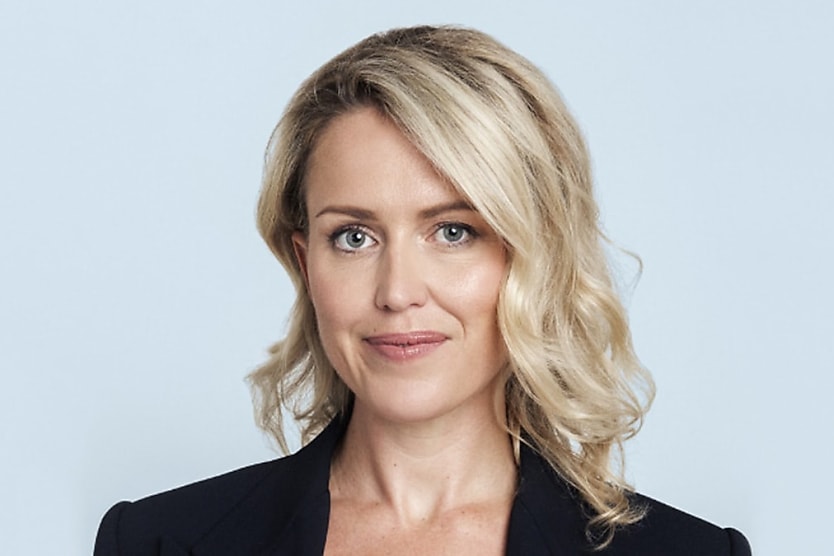
In a recent keynote speech, a prominent human rights lawyer explored the “decline” in gender inequality and the problem with defamation claims stemming from the MeToo movement.
Editor’s note: This story first appeared on HR Leader’s sister brand, Lawyers Weekly.
Human rights barrister and author Jennifer Robinson has represented Julian Assange, Richard Dawkins, and Amber Heard, and co-authored her book How Many More Women? Exposing How the Law Silences Women, which explores the legal response to the MeToo movement.
In a recent keynote speech at the 2024 Australian Women Lawyers National Conference, Robinson spoke about free speech and gender-based violence, as well as the global crisis of women being silenced.
“Violence against women is actually increasing in this country. Earlier this year, one woman every four days was being killed. A global study just this month, not just in Australia, showed that of the 139 countries that they looked at, nearly 40 per cent had stagnated or declined when it comes to gender equality. The only country that was listed as very good was Switzerland, and I can tell you, my girlfriends in Switzerland will tell you they would take issue with that rating,” she said.
“But the current trajectory means that gender inequality will be worse in 2030 than it was when the Sustainable Development Goals were set in 2015. So we are seeing a massive kickback and decline, and why is that?”
When the MeToo movement happened in 2017, Robinson described it as a “breaking of the cultural silence” – yet it still had consequences for women.
“Women were speaking out for the first time about their experience of gender-based violence. But what I’m seeing in my practice in London, and I work with media organisations, I defend journalists, I advise women who speak out, there was this legal backlash that was happening. The New York Times has reported this huge number of defamation claims being filed against journalists and against women for reporting these stories,” she said.
“I would be working with journalists trying to break these MeToo stories before the MeToo movement, and I can’t tell you how many of the stories were what we call spiked because they would say things like: ‘Well, it’s only one woman accusing him, we need more than one woman coming forward; otherwise, we can’t report this.’ And I remember having fights with editors saying, in a criminal justice context, her testimony is enough to send a man to prison, why do we need more than one woman to accuse him to report the truth about what he did?
“But suddenly with MeToo, everybody felt more comfortable with that, and you had the press rushing out all these stories, Harvey Weinstein and the like, but what we were seeing was that there was this perception that you could report this stuff and you could speak out online without consequence. But what we were seeing was so many women coming into our office for having posted on social media and being threatened with a suit.”
However, the MeToo movement was followed by a “raft of defamation claims”, according to Robinson – something she said she was concerned about moving forward.
“Geoffrey Rush, Craig McLachlan, Don Burke, [and] more recently, Bruce Lehrmann. But there was this big discussion about whether it was stemming the MeToo movement in Australia. And I think there’s a really good argument to say it was. Of course, it might be an oversimplification. But there’s some great research that’s being done, about how defamation claims were used to stifle the civil rights movement,” she said.
“That’s what I’m concerned about. It’s not just about these individual cases; it’s what it’s doing to the broader political context in which we live and the space for women to speak out. I am concerned that if we don’t deal with the existing legal system or law reform to change it, we are stifling women from coming forward and the broader movement for equality and to end violence against women in this country.”









